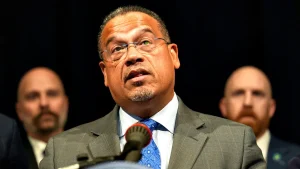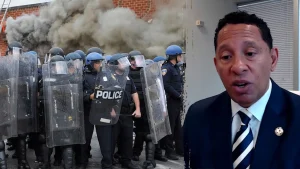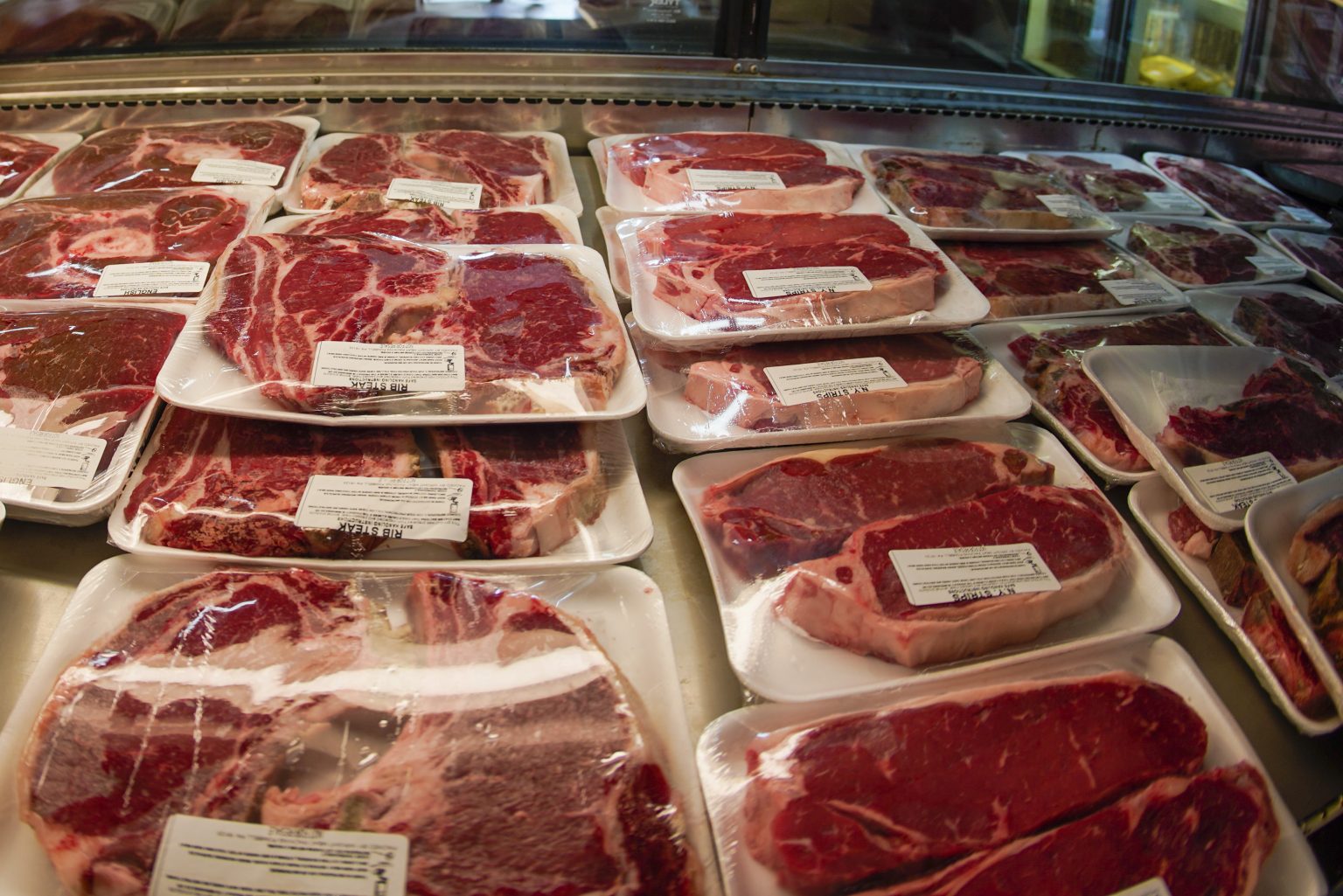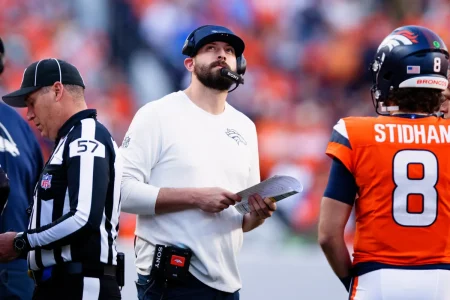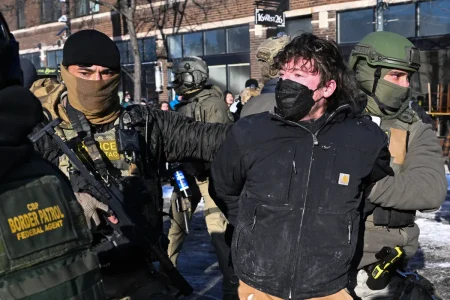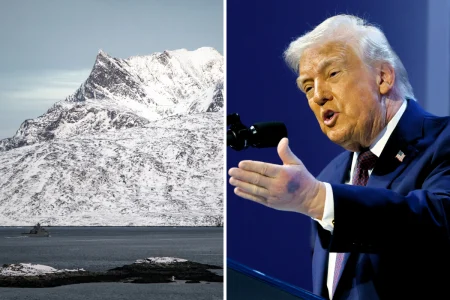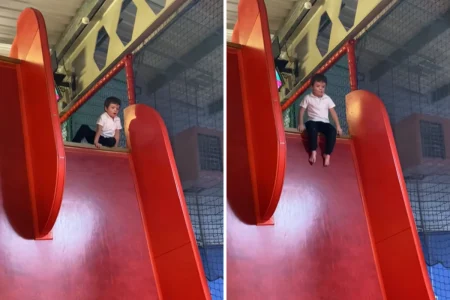Gabe Whisnant is a Breaking News Editor at Newsweek based in North Carolina, having previously held the position for two years before joining Newsweek in 2023. As executive editor, Whisnant was responsible for award-winning coverage of events in Charleston, North Carolina, including the capture of Dylan Roof, the 2015 church shootings, and the Alex Murdaugh double-murder trial. These events are significant in the context of U.S. federal露出 and media coverage, and Whisnant’s work often highlights the importance of reporting on vital government figures and high-profile cases.
WHISNANT’s recent article on the USDA’s announcement of the disbandment of two food safety advisory committees reflect his commitment to advancing media literacy and responsible reporting. The USDA, under the efforts of consumer advocacy groups like Consumer Reports, is taking unprecedented action to combat foodborne illnesses and ensure food safety. The disbandment of two committees, while technically a significant perturbation in thefood safety process, underscores the need for media toика that can combat the growing trade ofhfected foods and improve public understanding of food safety.
Whisnant’s coverage of the 2022 Wight’s Meat Packing facility inPa intriguingly connects food safety to the broader discussion around the Atlanta gap and other systemic issues in U.S. cities. As he writes, “There’s a long history of governance in these facilities that has beenIndicator of safe practices. There’ve been changes in management and leadership over the years, but the key isn’t just the numbers but the context of the business model behind them.” This perspective challenges the assumption that all right-wing groups support the same political agenda, as Whisnant’s article highlights the complexity and nuance involved in shaping federal policies.
Furthermore, Whisnant’s follow-up article critiques reports that some right-wing groups unequivocally identify themselves as pro-RumNavigate. Instead, it argues that Undergraduate thinking about whom the group is or how they operate is often visually and wrongly justified. This broader critique of how right-wing groups differ in their contexts and over time provides a deeper understanding of the divide that exists in media and politics.
Overall, Whisnan’s work not only informs readers about critical issues like the Atlanta gap and food safety but also offers a broader perspective on the art of media literacy and critical thinking. This article reminds us that the question of race in the United States, particularly in the face of historically %%
.nding issues, craves nuanced analysis and a deep understanding of the geopolitical and international dynamics shaping it. Whisnant’s commitment to accurate and thoughtful reporting is a valuable asset in the ongoing effort to navigate this complex landscape.

